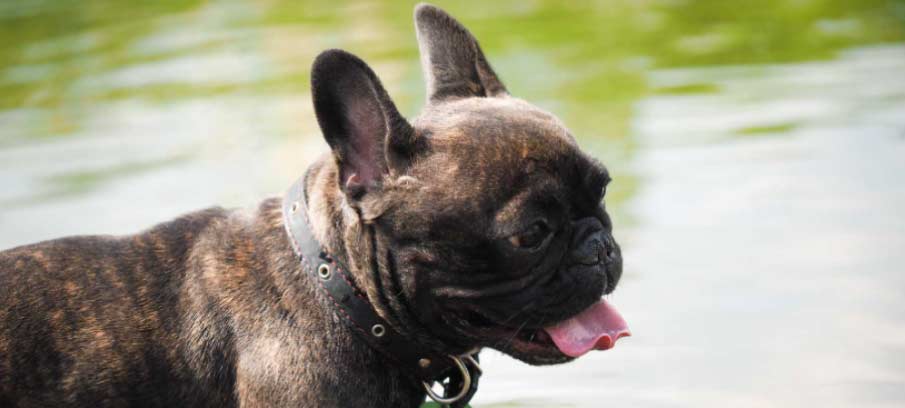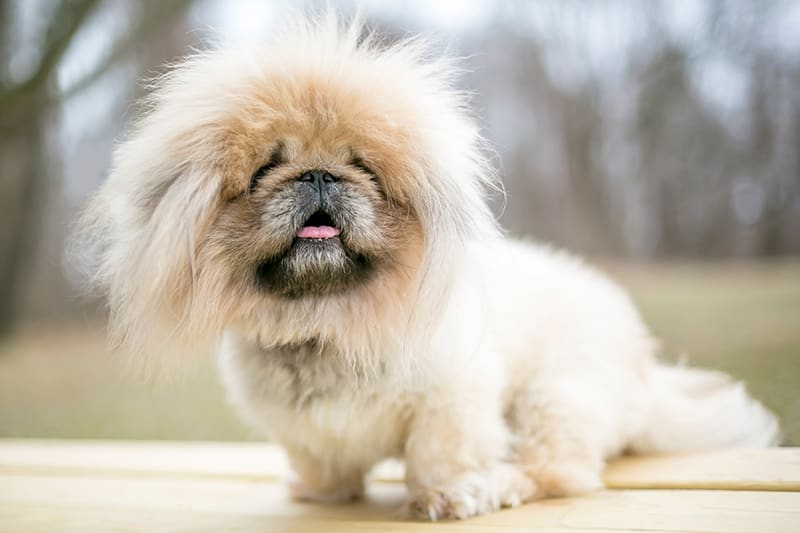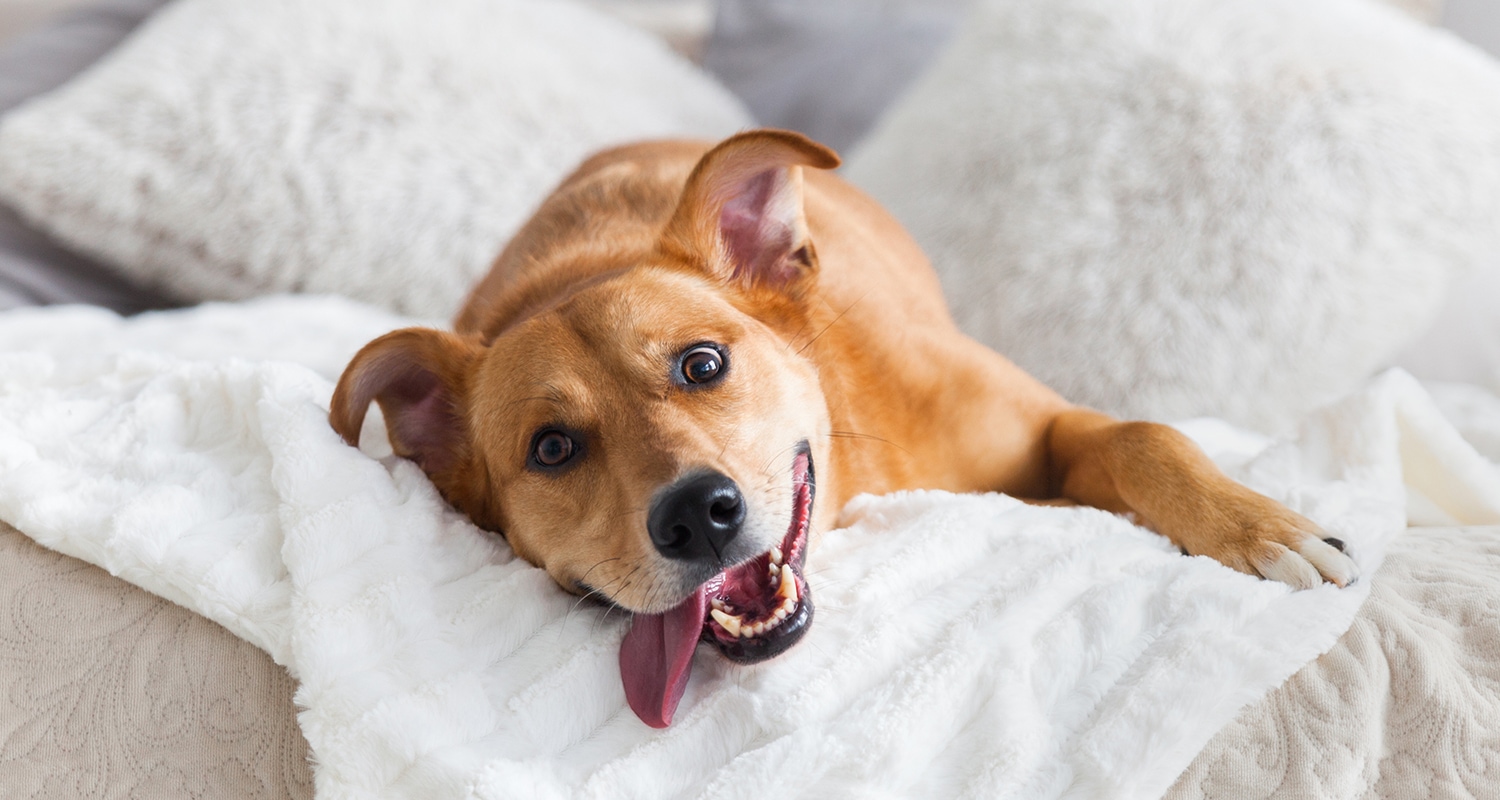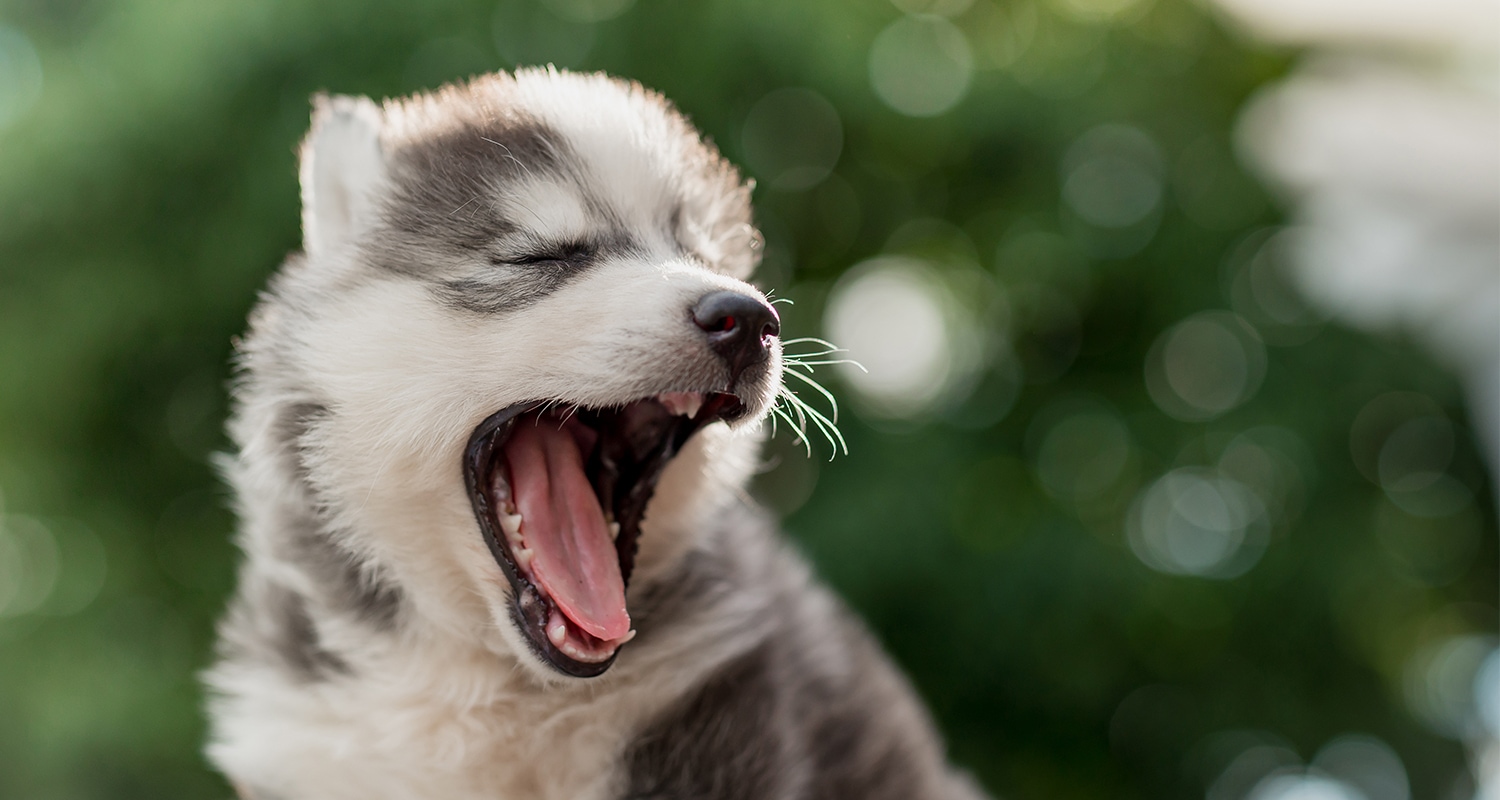What Helps Dogs With Shortness Of Breath: Effective Solutions
3 Types Of Dog Breathing Problems And What To Do
Keywords searched by users: What helps dogs with shortness of breath how to help a dog breathe better home remedies, dog breathing weird gasping, how can i help my dog breathe easier, what position helps a dog breathe better, how to help my old dog breathe better, medicine to help dog breathe easier, dog breathing problems old age, dog breathing problems wheezing
What Can I Give My Dog For Shortness Of Breath?
If your dog is experiencing shortness of breath, there are several potential treatments to consider. These options aim to alleviate labored breathing and improve your dog’s respiratory comfort. Some of the treatments available include:
-
Oxygen Therapy: Administering supplemental oxygen can help your dog breathe more easily, especially in cases of severe shortness of breath.
-
IV Fluids: Intravenous fluids may be administered to maintain hydration levels and support overall circulation, which can be crucial in managing respiratory distress.
-
Steroids: Steroids can be prescribed to reduce airway inflammation, which often contributes to breathing difficulties.
-
Bronchodilators: These medications help expand the airways and increase airflow, making it easier for your dog to breathe. They are particularly effective in cases of bronchospasms or constricted airways.
-
Diuretics: In situations where fluid accumulation in the lungs is causing breathing problems, diuretics can help remove excess fluid and relieve the associated pressure on the respiratory system.
It’s important to note that the choice of treatment depends on the underlying cause of your dog’s shortness of breath, so consult with a veterinarian for a proper diagnosis and tailored treatment plan. (Note: The date mentioned, September 1, 2021, doesn’t provide additional relevant information in this context.)
Why Does My Dog Keep Struggling To Breathe?
Understanding Labored Breathing in Dogs: Causes and Concerns
Have you ever wondered, “Why does my dog keep struggling to breathe?” Labored breathing in dogs can be a concerning issue, often indicating underlying health problems. There are several potential reasons for labored breathing in dogs.
One common cause is related to respiratory issues, such as lung disease or conditions affecting the throat and mouth. These conditions can obstruct the airways and make breathing difficult for your furry friend. Additionally, injuries and traumas, like a chest injury, can lead to labored breathing as well. Furthermore, blockages resulting from foreign objects, like a swallowed toy or bone fragment, can hinder normal airflow, causing distress.
It’s important to note that while panting is a normal mechanism for dogs to regulate their body temperature, excessive panting can also be a sign of an underlying problem. Therefore, if you notice your dog experiencing labored breathing or persistent panting, it’s crucial to consult with a veterinarian to identify the root cause and provide appropriate care for your beloved pet.
Why Is My Dog Getting Out Of Breath So Fast?
Why does my dog experience rapid and labored breathing? This phenomenon is frequently linked to underlying health issues, with the most common culprits being heart disease and lung disease. However, there are also less frequently encountered reasons for this condition in dogs. These include the presence of foreign objects in the airway, potential lung cancer, infections like pneumonia, chest wall injuries, kennel cough, and allergic reactions. If your dog appears to be struggling with breathing, it’s important to consult a veterinarian for a thorough evaluation to determine the root cause and provide appropriate care. [Date: January 26, 2017]
Details 20 What helps dogs with shortness of breath







Categories: Discover 83 What Helps Dogs With Shortness Of Breath
See more here: b1.brokengroundgame.com

Labored breathing in dogs and cats can be due to an underlying disease, such as lung disease or diseases related to the throat or mouth. Other causes are injury, trauma, and blockages from a foreign body. Excessive panting — Panting is a normal function that allows your pet to cool down their internal body temperature.Dog laboured breathing causes
This is often associated with heart disease and lung disease. Other less common causes of dyspnoea in dogs are foreign objects, lung cancer, infections such as pneumonia, injuries to the chest wall, kennel cough, and allergies.Loosen any tight clothing. Help the person use any prescribed medicine (such as an asthma inhaler or home oxygen). Continue to monitor the person’s breathing and pulse until medical help arrives. DO NOT assume that the person’s condition is improving if you can no longer hear abnormal breath sounds, such as wheezing.
- Stay out of hot and humid environments. Dogs don’t sweat like we do, meaning they are more prone to breathing problems caused by hot and humid climates. …
- Reduce excitement or exercise. …
- CBD. …
- Antihistamines. …
- Sterile Nasal drops. …
- Purchase an oxygen mask for dogs and tank.
- Oxygen therapy.
- IV fluids.
- Steroids to reduce airway inflammation.
- Bronchodilators to expand airway and increase airflow.
- Diuretics to treat fluid in lungs.
Learn more about the topic What helps dogs with shortness of breath.
- Dog Breathing Problems: We Explore Some Causes … – Relievet
- Labored Breathing in Dogs & Cats | Berkeley Emergency Vet Clinic
- Reasons for Labored Breathing in Dogs and Cats
- Laboured breathing problems in dogs and puppies – Vets Now
- Breathing difficulties – first aid: MedlinePlus Medical Encyclopedia
- Theophylline for dogs and cats: Uses, Dosage & Side Effects
See more: https://b1.brokengroundgame.com/media/

